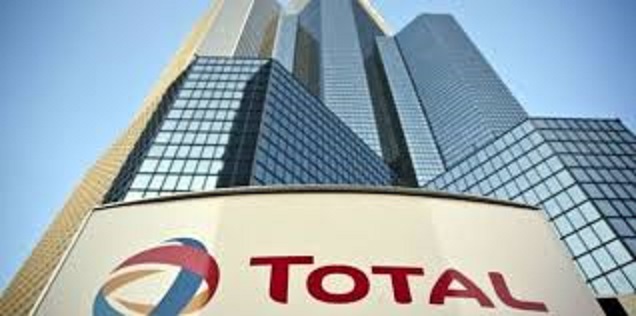Moses Uwagbale
Total Exploration and Production Nigeria says the Petroleum Industry Bill (PIB) will provide the stability needed to attract adequate funding for new investments in deep offshore and gas development sectors.
Mrs Tai Oshisanya, Executive Director, Finance and Control, Total E&P Nigeria Ltd., made the assertion on Thursday at the 2021 Oloibiri Lecture Series and Energy Forum in Lagos.
The lecture was organised by the Society of Petroleum Engineers (SPE) Nigeria Council.
The theme of the lecture is, “Operational Excellence and Portfolio Optimisation, Way Forward for the Oil and Gas Industry Post-COVID-19.”
Oshisanya said the Nigerian oil and gas industry was facing challenges of insecurity and uncertainty in the fiscal and regulatory environment.
She added that the challenges were due to the delay in the passage of the PIB currently before the National Assembly.
According to her, the result is loss of new investments in the industry and difficulty in obtaining funding for projects.
She said: “Not only do new projects require low carbon emissions, they must also be profitable with favourable fiscal terms that preserve value of present assets and ensure future investments.
“Capital is not static – it drifts to where there is stability and certainty. Nigeria has to be competitive.
“Therefore, we, as an industry, welcome government’s enthusiasm to pass the Petroleum Industry Bill into law this year.
“It is vital that the bill provides the stability needed to attract adequate funding for new investments, particularly in deep offshore and gas development sectors.”
Oshisanya said that the world and the energy industry had been impacted by the COVID-19 pandemic.
She noted that Total had adapted to the new reality through staff dedication, strict cost considerations and robust planning.
She said: “We have been able to keep our operations running smoothly and growing our production levels.
“We will continue to partner our host communities by supporting projects in crucial sectors which include environmental conservation, health, education, power, infrastructure and economic development.
“We will continue to train and develop Nigerians using numerous societal impact interventions including skills acquisition programmes and our Young Dealers Scheme.




